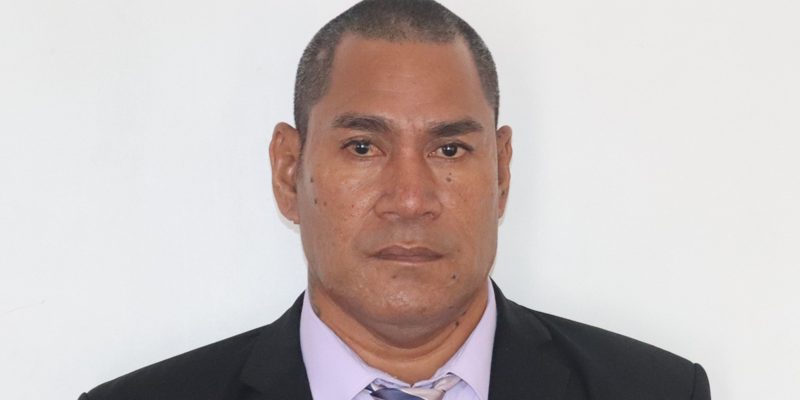THE Solomon Islands government must enhance its urban planning efforts to address the growing internal migration into urban centers, particularly Honiara City.
The World Bank report titled “Solomon Islands: Country Economic Memorandum – Unlocking New Sources of Economic Growth” that was launched yesterday at the Heritage Park Hotel, highlights the urgency of this issue.
The report reveals that Honiara City’s population doubled between 2009 and 2019, having grown from 65,000 to 127,000 residents.
According to a World Bank senior economist Lodewijk Smets, Honiara has the potential to drive the nation’s economic growth.
However, this will require improvements in land administration, the upgrading of essential services, increased local revenue mobilization, and comprehensive urban planning.
Smets also emphasized the importance of addressing both demand and supply side constraints, such as investing in skills and vocational training, to foster job creation in the capital.
Furthermore, strategic investments in provincial urban centers could reduce internal migration by creating economic opportunities outside of Honiara.
In response to these challenges, the Ministry of Lands, Housing and Survey (MLHS), with support from the Asian Development Bank (ADB), developed the Greater Honiara Urban Development Strategy and Action Plan (GHUDSAP) in 2018.
This plan aims to address the issues arising from rapid urban growth in Honiara and neighbouring areas in Guadalcanal Province, specifically in the Tandai and Malango Wards.
Additionally, the MLHS launched the Solomon Islands National Urban Policy (SINUP) for 2020–2035, which envisions “Peaceful, Resilient, Inclusive, and Prosperous Urban Areas.”
Produced with support from UN-Habitat through the SUMPS programme, this policy provides a framework to guide the government’s urbanization efforts.
Its primary goal is to ensure a fair and effective distribution of resources and investments, fostering balanced, safe, and prosperous urban development across the country.
The policy is based on several key points:
- Urbanization is expected to continue, leading to increasing demands for both social and economic services;
- The policy addresses the uneven concentration of development in a few urban centers, often at the expense of others; and
- Public sector investment programs and related plans are more likely to succeed if they are developed within a coherent, unified national urban policy framework.
MLHS Minister Polycarp Paea told Parliament last week that his ministry is reviewing the GHUDSAP Framework designed to guide and upgrade capital Honiara.
He said the Framework presents a vision for sustainable urban growth, highlighting the necessity for missed used development, increased population density, and enhance infrastructure to improve quality of life for residents.
Minister Paea said it also tackles challenges such as limited access for investment, capital for local businesses, and secure land access and climate resilience.
He said the strategy encompasses long-term investment framework and a rolling five years plan to prioritize projects that align with the broader social economic growth and urban sustainability.
“My team is currently working on finalising the first draft and seeking Cabinet endorsement for implementation of the GHUDSAP,” Minister Paea said.
Furthermore, Minister Paea said the Greater Auki Urban Management is a new initiative by Government for National Unity and Transformation (GNUT).
He said it supports the Auki local planning scheme that confines to Auki’s legal boundary following the rise of rapid urban growth due to influx of people from the surrounding communities.
Minister Paea said MLHS is working with the Ministry of Commerce, Industry, Labor and Immigration, Ministry of Agriculture and Livestock and Ministry of Traditional Governance, Peace and Ecclesiastical Affairs to come up with a way forward.
“We have compiled a draft framework and seeking Cabinet endorsement,” he said.
Moreover, Minister Paea said MLHS is also planning to set up the Noro and Munda Greater Area in Western Province.
The Country Economic Memorandum (CEM) examines the main barriers to sustainable economic development in Solomon Islands, with a focus on challenges related to economic geography and private sector growth.
Conducted between February 2023 and March 2024, the CEM also explores constraints in key growth sectors such as agriculture, fisheries, tourism, and labor mobility. It offers actionable policy recommendations aimed at overcoming these barriers and unlocking new sources of economic growth.
By EDDIE OSIFELO
Solomon Star, Honiara









